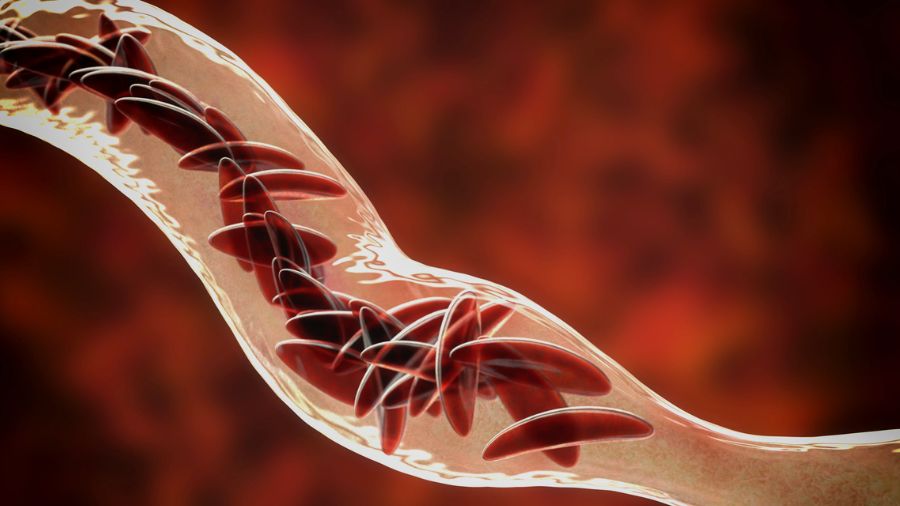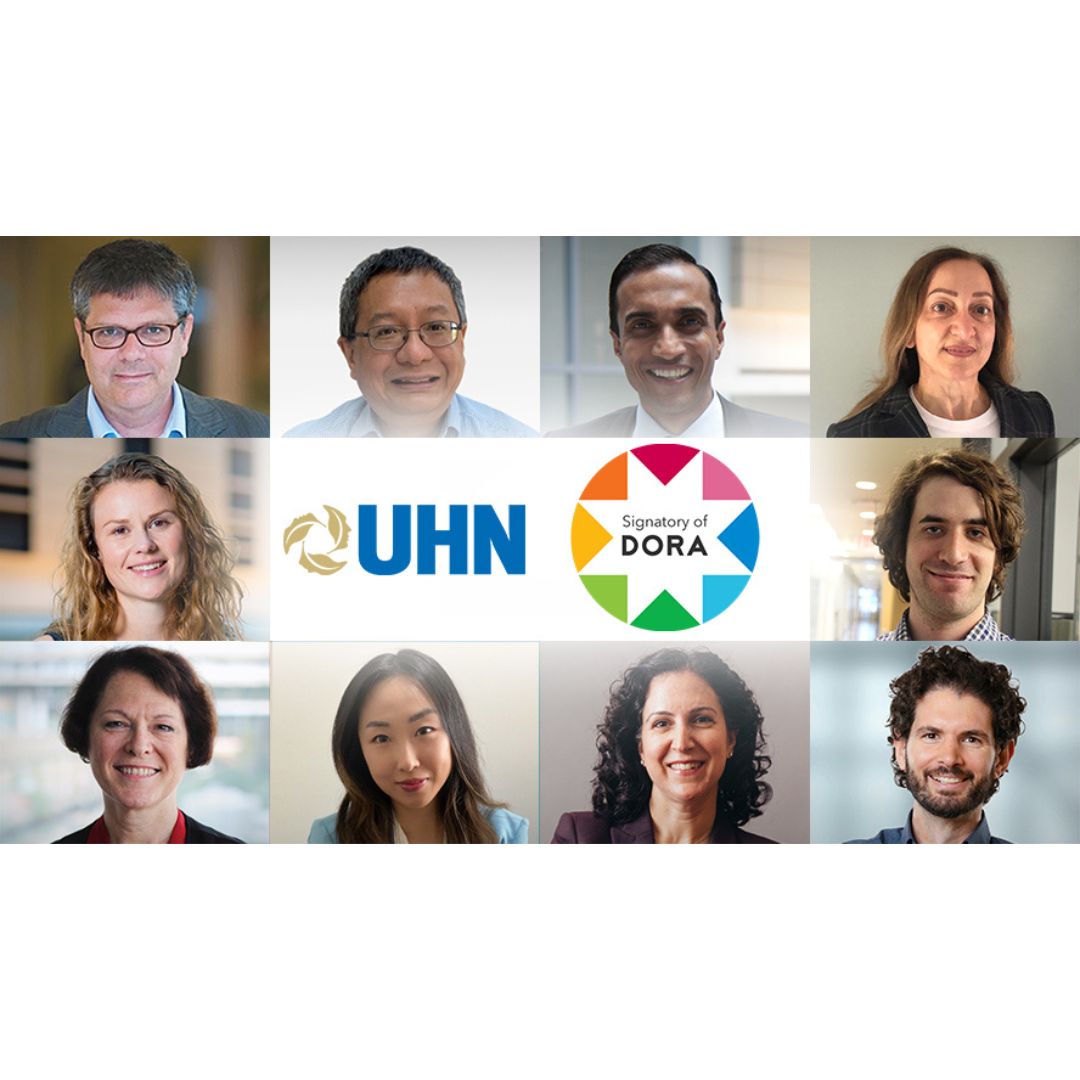Based on research started in Dr. Gordon Keller’s lab at the McEwen Centre for Regenerative Medicine, a team of scientists has achieved a world’s first: developing a human atrial fibrillation (AF) disease model in a petri dish. At the McEwen Centre, Dr. Keller and his team have the unique ability to produce a number of the specific heart cells from stem cells that make up the human heart, including atrial cells.
This research project is one of the initiatives undertaken by the International Centre for Cardiovascular Research: a collaboration between the McEwen Centre, the Technion Israel Institute of Technology and the Peter Munk Cardiac Centre.
AF is the most common heart rhythm disorder and greatly increases the risk of stroke and death and, overall, greatly decreases an individual’s quality of life. Unfortunately, current medical therapies are ineffective and can have serious side effects.
Publishing the team’s findings online in Scientific Reports (a subjournal of Nature) last week, lead author Dr. Zachary Laksman, a former Joyce Mason Fellow in Cardiac Regenerative Medicine in Dr. Keller’s lab, now an Assistant Professor in the Division of Cardiology at the University of British Columbia, explained how they were able to generate human atrial tissue that could reproduce both normal and abnormal heart rhythms, similar to that observed in people. This human AF disease model in a petri dish was then used to test for the safety and efficacy of rhythm controlling drugs using advanced optical mapping techniques.
“This innovation has the potential to alter the landscape of treatment for patients with AF by allowing scientists to learn more about the disease, help them develop novel therapies, and generate personalized human models of AF that can translate into precision and tailored medicine for patients,” says Dr. Barry Rubin, Program Medical Director of the Peter Munk Cardiac Centre.
Collaborators of Dr. Laksman include: Dr. Keller, Dr. Stephanie Protze (the current Joyce Mason Fellow working in Dr. Keller’s lab), Dr. Lior Gepstein from the Technion Institute in Haifa, Israel and Dr. Peter Backx, a Peter Munk Cardiac Centre scientist, among several others.




